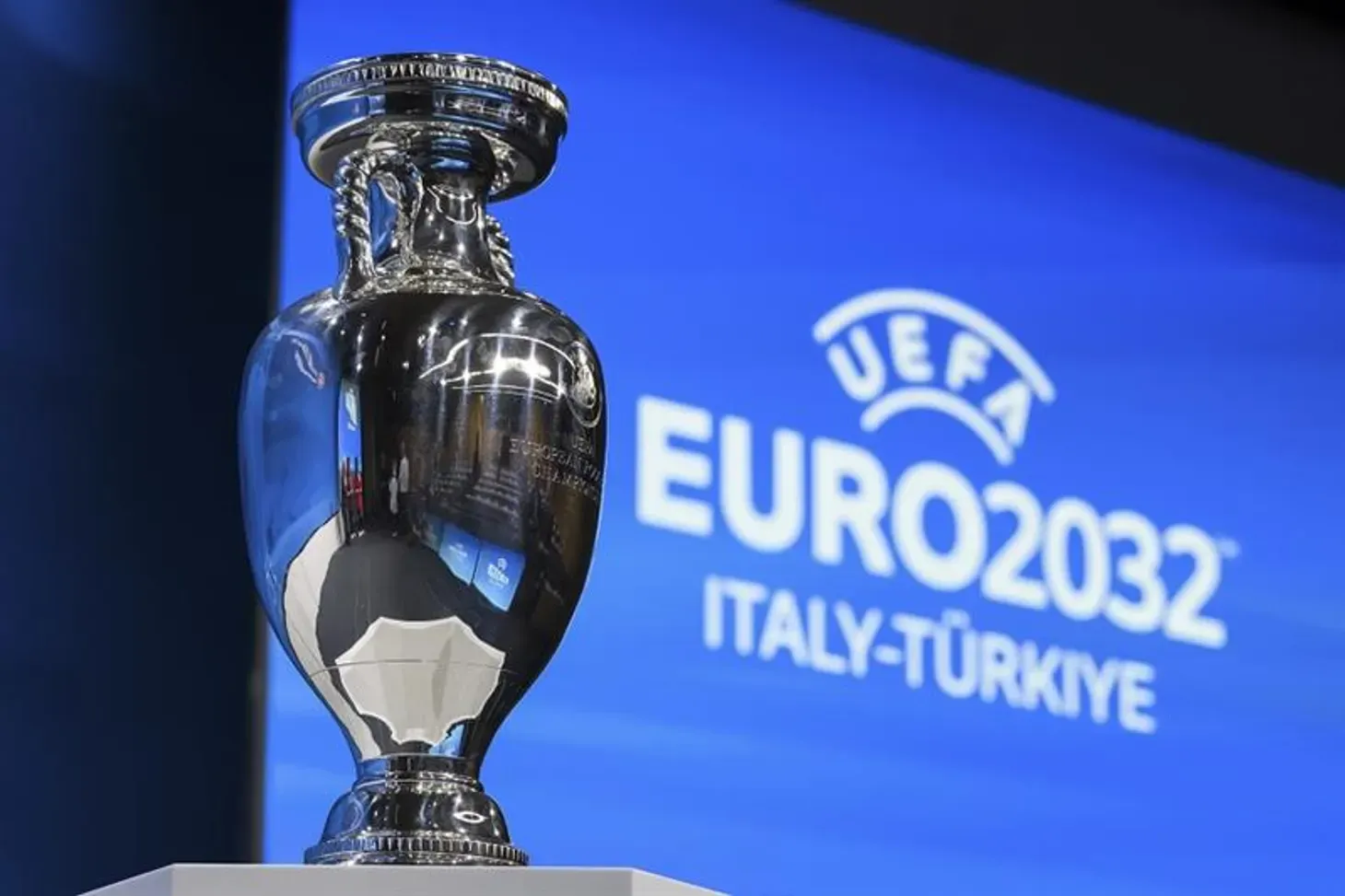How UEFA plans blockchain integration for a future tournament.
Preparing for the Future of Football
With Euro 2028 already set to push boundaries in stadium design and fan engagement, attention is beginning to shift toward Euro 2032. UEFA is signaling that the tournament will not only showcase football’s best but also serve as a global test case for digital integration. Blockchain, crypto payments, and NFT-based engagement are all being positioned as central to the event.
Why Digital Readiness Matters
Football’s biggest tournaments attract millions in person and billions through broadcasts. Traditional systems for ticketing, broadcasting, and sponsorship often struggle under this scale. Blockchain technology offers solutions by ensuring transparency, security, and efficiency. For UEFA, Euro 2032 is an opportunity to future-proof the tournament and demonstrate that football can lead in digital innovation.
Ticketing on the Blockchain
Counterfeit tickets have long been a headache for organizers. UEFA is exploring blockchain ticketing systems where every seat is tied to a digital record, making it impossible to duplicate or resell without authorization. Fans would store tickets in digital wallets, reducing fraud while allowing organizers to manage resales more fairly.
Some proposals also include tokenized perks, such as discounts on travel or access to exclusive fan zones for those who buy digital tickets early.
NFTs and Fan Engagement
Euro 2032 is expected to feature large-scale NFT projects tied to iconic moments. These could include digital collectibles of match highlights, commemorative artworks, or virtual badges for attending multiple games. UEFA sees this as a way to connect with younger fans who live in digital spaces and want souvenirs beyond physical merchandise.
There is also speculation about NFT-linked loyalty systems where fans earn rewards by attending matches or interacting with sponsors.
Sponsorship Opportunities
For sponsors, Euro 2032 is an opportunity to showcase technology in front of a global audience. Crypto firms are already lobbying for presence, offering to back digital ticketing systems, power cashless stadiums, and co-brand NFT campaigns. UEFA officials suggest that blockchain sponsorships will be integrated carefully, with safeguards to avoid the controversies seen in past fan token projects.
Broadcasting and Digital Rights
Another area of focus is broadcasting. UEFA is considering blockchain-secured streaming platforms that ensure transparent tracking of viewing figures and reduce piracy. This would allow sponsors to pay for advertising with greater confidence while ensuring fans worldwide get reliable access.
If successful, Euro 2032 could set new standards for how international tournaments manage media rights.
Fans’ Expectations
Supporters are intrigued but cautious. Many welcome the idea of smoother ticketing and global digital access. Others fear that the push for blockchain will over-commercialize the experience, putting profits ahead of tradition. Accessibility concerns are also prominent. Fans without digital wallets or technical know-how could be excluded if systems are not user-friendly.
Risks and Challenges
Volatility remains the greatest risk. If crypto markets crash before 2032, UEFA may face pressure to distance itself from blockchain projects. Regulatory hurdles also loom large, with European governments adopting different stances on digital currencies and NFTs. Ensuring consistent standards across host nations will not be easy.
There is also the challenge of scale. Integrating blockchain across dozens of stadiums and millions of fans requires robust infrastructure. Any glitches could undermine confidence in digital readiness.
The Road Ahead
UEFA officials stress that Euro 2032 will not abandon tradition but blend it with innovation. The aim is to enhance fan experience, not replace it. Pilot projects are already underway at smaller tournaments, testing blockchain ticketing, NFT rewards, and cashless concessions. Lessons from these trials will shape the roadmap to 2032.
By the time the tournament kicks off, fans may find themselves in a hybrid environment where every ticket, transaction, and highlight is recorded digitally, while the roar of the crowd remains timeless.
Final Whistle
Euro 2032 is shaping up to be football’s first truly digital tournament. For UEFA, it is a chance to prove that blockchain can enhance security, fan engagement, and sponsorship value. For fans, it is both an opportunity and a challenge, blending convenience with questions of access. The next decade will decide whether Euro 2032 is remembered as a digital revolution or a risky experiment in football’s most sacred competition.




